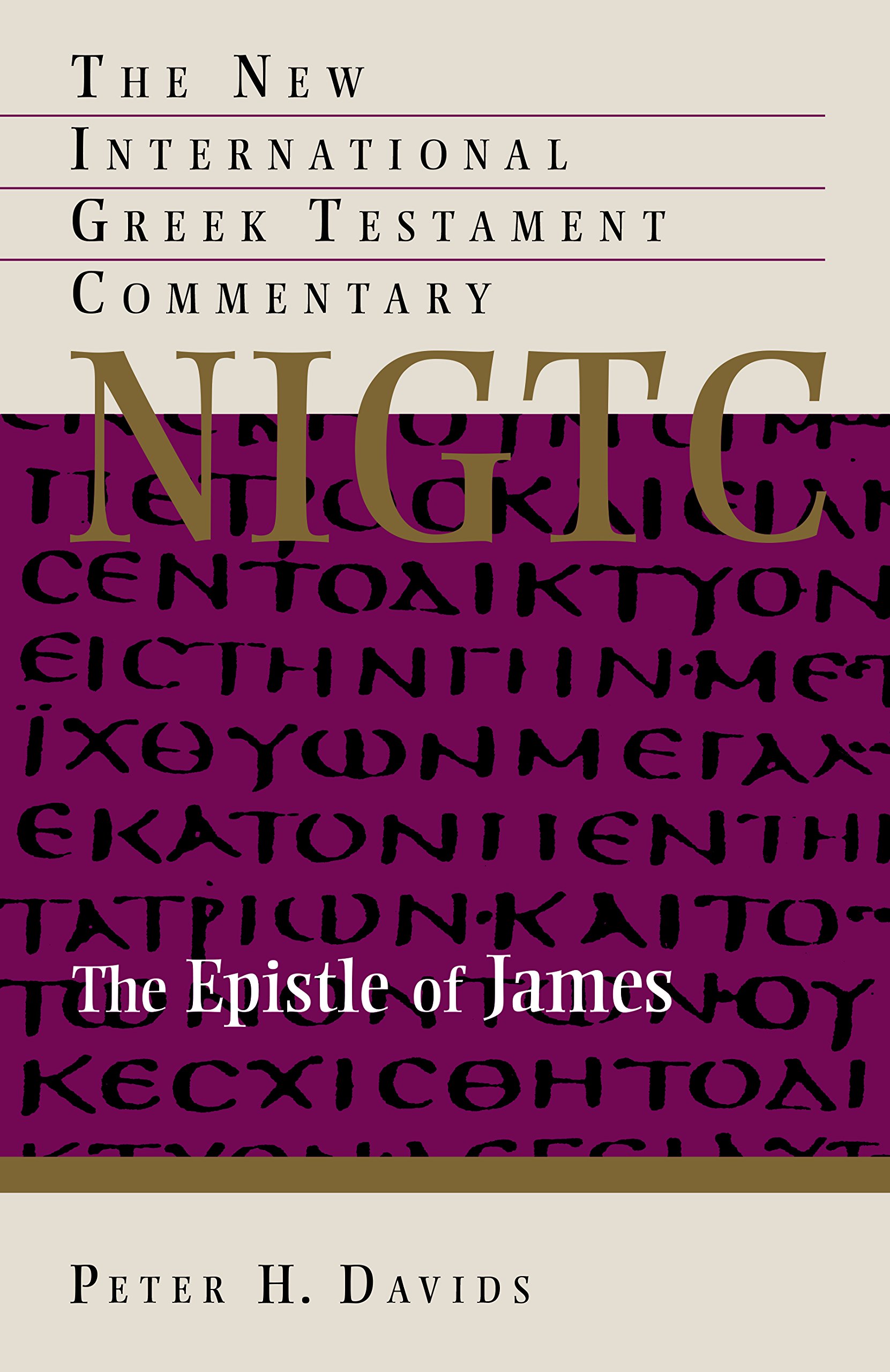Description
PETER DAVIDS whose doctoral work was on James at Manchester under the late Prof FF Bruce has written this thorough commentary on the Greek text of the letter. Davids places James in a setting of the Jewish messianists in the 50s and 60s. This widely acclaimed commentary interacts freely with both the more recent and the older literature on James, German and French works. At the same time, Davids own penetrating insights themselves spark fresh debate on the composition, purpose, and meaning of the text of James. In an extensive introduction Davids considers questions concerning authorship, date of composition, form and structure, and the language and style of the text. He also explores seven key theological themes in James: suffering/testing; eschatology; Christology; poverty piety; the relation of law, grace, and faith; wisdom; and prayer. The commentary proper exhibits careful exegesis and a wealth of insight into the meaning of the text for its original audience as well as for the church today. Davids is well acquainted with the relevant Hellenistic, Jewish, and early Christian literature and uses it frequently to point out parallels and to clarify the meaning of the text. Davids’ work also includes several helpful tables, charts, and one of the most comprehensive bibliographies on James available anywhere. This commentary series is established on the presupposition that the theological character of the New Testament documents calls for exegesis that is sensitive to theological themes as well as to the details of the historical, linguistic, and textual context. Such thorough exegetical work lies at the heart of these volumes, which contain detailed verse-by-verse commentary preceded by general comments on each section and subsection of the text. The text on which these commentaries are based is the UBS Greek New Testament, edited by Kurt Aland and others. While engaging the major questions of text and interpretation at a scholarly level, the authors keep in mind the needs of the beginning student of Greek as well as the pastor or layperson who may have studied the language at some time but does not now use it on a regular basis.



